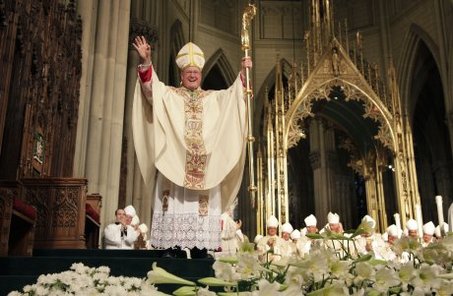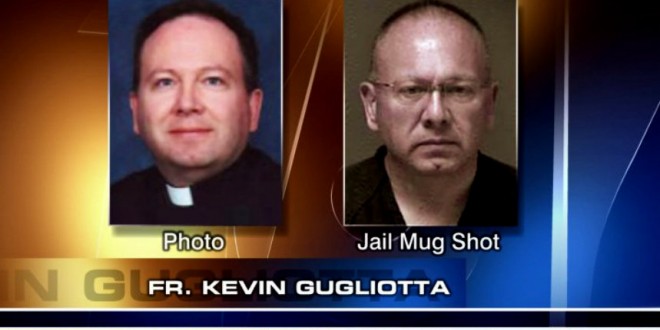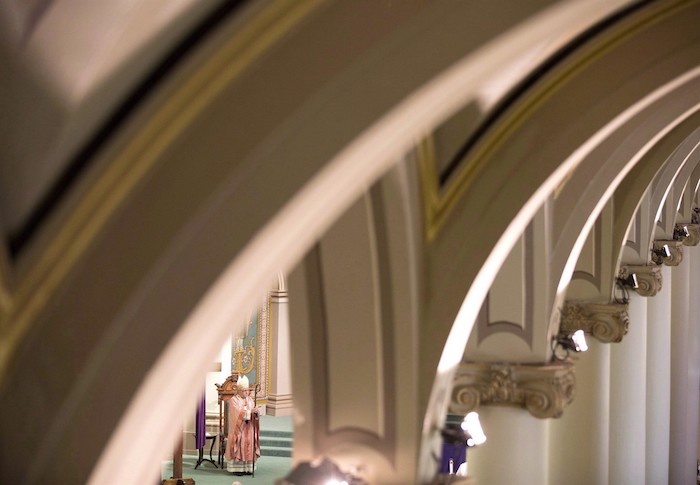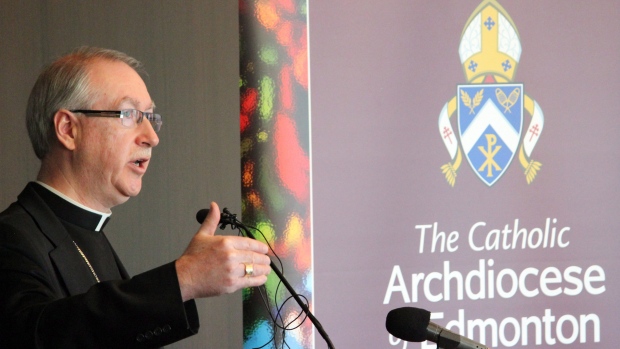By Anne Barrett Doyle

Cardinal Timothy Dolan is trying something new. After years of successfully opposing legislation that would give New York abuse victims more time to sue, he has launched a victims’ compensation program — a first for the New York archdiocese.
This is the Year of Mercy, and the cardinal said he was inspired by the “grace and challenge” of this fact.
“I just finally thought: ‘Darn it, let’s do it,’ ” he told The New York Times.
The surprise move is winning the cardinal praise. The often critical New York Daily News commended him, citing his “remarkable moral courage.”
As a researcher of the Catholic abuse crisis, I see his plan differently. While the fund certainly will help some victims, its biggest beneficiary will be Dolan and his management team. This is a legal strategy in pastoral garb, a tactic by the powerful archbishop to control victims and protect the church’s assets and its secrets.
On its face, the plan is reasonable. A victim submits a claim form with documentation about rape or molestation by a priest or deacon. If deemed credible, the victim receives an award, which the archdiocese promises to disburse quickly — within 60 days.
The program is being administered by Kenneth Feinberg, who oversaw the 9/11 fund and mediated the settlements between Jerry Sandusky’s victims and Penn State.
But there’s a catch — two catches, actually. Victims must sign a legal agreement to abide by “all requirements pertaining to privacy and confidentiality,” and they must release the archdiocese from future liability — i.e., never sue it. (See section III, paragraph G of the IRCP’s Protocol webpage.)
So the fund implements a strategy. If the Child Victims Act ever passes in New York — and Gov. Andrew Cuomo promises it will be a priority in 2017 — Dolan will have already flushed out and shackled many of the victims who might have filed suit.
And unlike the Penn State claimants, the victims in Dolan’s program will be signing releases without the benefit of any information about how their perpetrators were managed. Did archdiocesan officials know or suspect that the priest was a risk to children before the victim suffered abuse? Did the priest have other victims? What happened to him after the archdiocese learned of his crimes? Are children protected from him now? Under Dolan’s plan, all of this stays hidden.
Of course, agreeing not to sue is an easy concession right now for child sex abuse victims in New York. Thanks in part to lobbying by Dolan and his brother bishops, victims remain effectively powerless: the state’s restrictive civil statute of limitations gives them only until age 21 to sue complicit employers. For the vast majority of victims, this is not enough time.
In terms of its statute of limitations for child sex crimes, New York state is an outlier: only Alabama and Michigan limit victims as severely.
This is bound to change. While the Child Victims Act was defeated yet again last year, it generated tremendous public support.
When it passes, the Act will give future victims more time to take action, and it will include a “look-back” clause: for a limited period, it will revive the currently expired civil claims of all abuse victims in New York.
This retroactivity is what worries Dolan. Lawsuits by victims will result not only in payouts by the church, but the disclosure of its secret abuse files, revealing what archdiocesan managers knew and when.
To date, because of New York’s predator-friendly statute of limitations, the massive archdiocese’s abuse problem has appeared tiny. Its only tally of accused priests occurred in 2004, when Cardinal Edward Egan claimed an implausible total of 49 accused priests since 1950 — one percent of its active priests for that time period.
Consider that in Boston, with far fewer total priests, Cardinal Sean O’Malley conceded in 2011 that 250 priests since 1950 had been accused. In Los Angeles, Cardinal Roger Mahony counted 244 accused clergy. Even the small rural diocese of Manchester, N.H., concedes more accused priests than Dolan has acknowledged in New York.
Obviously, Dolan knows that his potential exposure is enormous, and one victim at a time, his new program will chip away at this perceived threat. Every participant will represent a case that will never be brought to light; a perpetrator’s name that may never be made public; and perhaps, a story of archdiocesan mismanagement that will never be revealed.
Inevitably, his plan will exploit those who are desperate: I’ll give you quick money, but you must keep my secrets.
Dolan has pre-empted victims before. In his prior post in Milwaukee, shortly before an expected state Supreme Court decision that would allow victims to sue for fraud, the archbishop quietly transferred $57 million in church funds into a special cemetery trust that would be off-limits to plaintiffs.
In this year of “grace and challenge,” the cardinal should do things differently. Mercy cannot come with chains. Dolan should eliminate requirements for the victim to stay silent about any aspect of the mediation. And he should accompany the fund with radical transparency.
After all, there is the promise of his fund’s title: the Independent Reconciliation and Compensation Program. The cardinal is using our church’s language to sacramentalize his scheme, so let him follow through. As every First Communicant knows, “reconciliation” occurs only with disclosure and confession. Dolan should come clean, before the courts force him to do so. He should publish a list of accused clerics, as more than 30 other U.S. bishops have done. He should release the archdiocese’s secret files on all of its abusers. And he should tell his lobbyist in Albany to cease and desist.
Without transparency and honesty, Dolan’s fund becomes just another tactic to make sure the New York archdiocese doesn’t answer for its actions — an accountability dodge that ultimately hurts children, victims, parishioners, and the church’s own chance for redemption.
[Anne Barrett Doyle is co-director of BishopAccountability.org, an independent non-profit based in Waltham, Mass., founded in 2003, to research child abuse by priests and religious and on the management of those cases by bishops, religious orders and the Holy See.]
Complete Article HERE!





